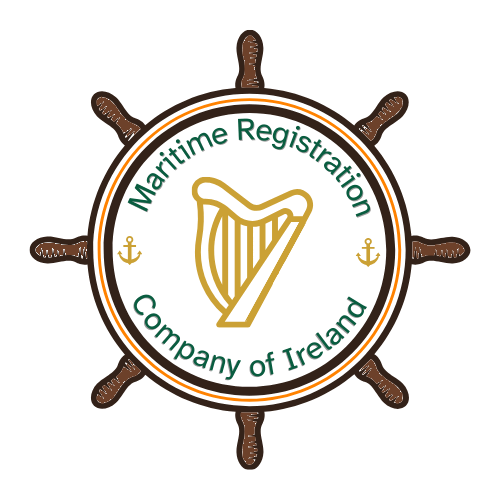
Naming Your Vessel: A Legal Guide
Beyond the aesthetic appeal of a vessel's name lies a complex web of legal considerations. This article explores the legal process of yacht registration, the importance of a unique name, and the parallels between humans and boats in the eyes of the law.
By John Clarke
Some sailors believed the choice of name for the vessel could mean the difference between a successful journey and being lost at sea. It is believed that the Vikings were the first culture to christen ships. However, they didn’t do it by cracking a bottle of champagne on the hull. Instead, they would make either an animal sacrifice or in some cases a human sacrifice to the gods and smear the blood on the hull of the vessel.
In the Middle ages traditions changed and started involving sprinkling holy water over the boat. The British Navy started the popular culture of smashing a bottle of high-quality champagne on the boat’s bow. This practice is no longer honored due to the environmental waste caused by the broken bottle in the Marina.
The custom started with boat owners pouring the wine over the boat as an offering to the gods. The ceremony would occur under the full moon’s light at high tide. Gradually, the culture evolved to include breaking bottles of champagne on the boat’s bow as a symbol of success and good luck when christening modern boats.
Legal Considerations
- Uniqueness: The name must be unique and not identical or confusingly similar to any other vessel registered in the same jurisdiction. This is to prevent accidents and misunderstandings.
- Offensive or Provocative Names: Avoid names that are offensive, obscene, or could be interpreted as promoting hatred or discrimination. Such names may be rejected by the registering authority.
- Length Restrictions: There may be limitations on the length of the name, so it's essential to check the specific requirements of your jurisdiction.
- Special Characters: The use of special characters, such as symbols or accents, may be restricted or subject to certain rules.
The Registration Process
The process of registering a boat name typically involves the following steps:
- Application: Submit an application form to the relevant maritime authority, providing the desired name for your vessel.
- Verification: The authority will verify the uniqueness of the name and check for any conflicts with existing registrations.
- Approval or Rejection: If the name is approved, you will receive a registration certificate. If it is rejected, you may need to submit a new application with a different name.
Boats as Legal Entities
While humans and boats may seem vastly different, there are some similarities in the legal context of naming. Both humans and boats are considered legal entities with unique identities. Just as a person's name is essential for their identification and legal transactions, a boat's name serves the same purpose in the maritime world.
Legal Personhood
Both humans and boats can be considered legal entities, possessing certain rights and obligations. In the eyes of the law, a human being is a legal person, capable of entering into contracts, owning property, and being subject to legal proceedings. Similarly, a boat can be considered a legal person for certain purposes, such as maritime liens and insurance claims.
Unique Identification
Just as a human's name is essential for their identification and legal transactions, a boat's name serves the same purpose in the maritime world. The name is a unique identifier that distinguishes the vessel from others, allowing it to be tracked, registered, and involved in legal proceedings.
Legal Rights and Responsibilities
While humans possess a broader range of rights and responsibilities, boats also have certain legal rights and obligations. For example, a boat owner may have the right to use and enjoy their vessel, but they are also responsible for ensuring its safety and compliance with maritime regulations.
Legal Proceedings
In the event of a legal dispute involving a boat, the vessel itself may be subject to legal proceedings. For example, a boat may be seized as collateral for a debt or involved in a lawsuit for damages caused by a collision.
Conclusion
Choosing a name for your boat is an important decision that should be made carefully. By understanding the legal requirements and following the registration process, you can ensure that your vessel has a unique and legally recognised name.

